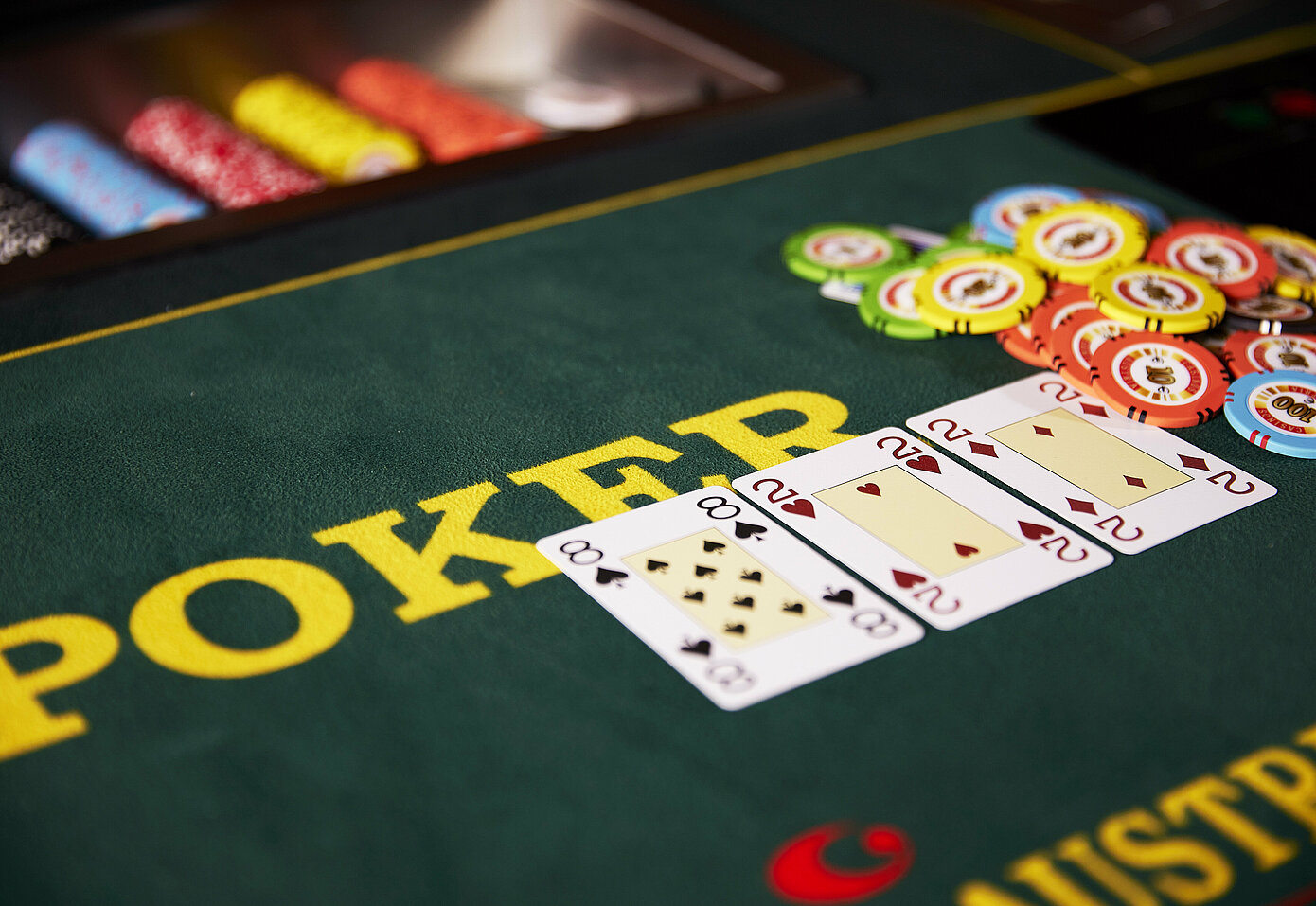
Poker can be a lucrative job, especially if you are good enough to land on the pro poker circuit. Professional players can earn around $100,000, higher than the average US worker. That’s nothing compared to the amount on offer at tournaments, where players can walk away with millions. Players like Phil Ivey have won around $38 million in public games. That figure likely pales in comparison to the amount he’s earned in private games.
That’s just the financial side. Poker can also provide the ultimate in job flexibility. You only work when you want to. Plus, you’ll be able to see the most luxurious casinos on the planet. Faced with these factors, it’s not hard to see the appeal of playing poker as a career.
But there is a big problem. Poker is a hard skill to master. Becoming a pro is a huge time commitment, requiring plenty of time and money. So, will it be worth it? Let’s look at some of the things to consider before you make that decision.
Poker is deceptively simple. You can pick up the rules after playing a few hands. But this game is trickier than it appears. Good bluffing skills are key. You have to analyze your fellow players, finding and exploiting their tells. Plus, you’ll have to learn to bet strategically.
That’s without mentioning learning how to deal with the mental strain. It is tough to play for hours at a time, risking thousands of dollars per hand. All while thinking clearly despite being under constant pressure.
As you can imagine, these skills won’t emerge overnight. Books can talk you through how to become a more strategic poker player. But nothing can beat the knowledge gained through experience. The pros have honed their skills by playing thousands of hands. You will need to be prepared to spend dozens of hours at the poker table.
Everyone learns at a different rate. You should be able to grow into a fairly strong player within three to six months. But this will require a commitment to spend several hours playing poker each week, plus you’ll need to dedicate time to studying to develop an effective game strategy.
Once you’ve mastered the skills needed to win hands successfully, you can start earning money. Most people believe that this comes from entering tournaments or playing in high-stakes games. But this usually isn’t the case. Professional poker players tend to focus on mid-stakes games.
This limits the amount that they are wagering on each hand, restricting the amount they can lose. However, it also reduces the amount they can win for each hand. Because of this, they’ll need to spend a lot of time playing to see any profits.
As we mentioned, if you are a professional poker player, you can earn a lot of money, more than the average US employee. However, this doesn’t give the whole picture. First, you will need to pay taxes on these winnings. Often, you’ll need to pay 24% for a large win.
However, that isn’t the biggest financial problem that professional poker players need to overcome. The income you get from poker is highly variable. Some days might be winners, causing you to walk away from the table with thousands. But you won’t always be so lucky. Poker players will need to be able to weather losing streaks. Sometimes, these streaks can last for several days.
Because of this, professional players need to be very disciplined. They need to build large emergency bankroll to be able to withstand this income variability. It also helps to choose a casino with a good rakeback scheme. Even when you lose, a portion of the rake will be returned. After hundreds of hands, the rakebacks will quickly add up.
Professional poker players have to care for their mental health. Recreational poker can have some stressful moments, especially when you are making a big bet. But playing professionally takes things to a whole new level, especially when you are on a losing streak. Coping with mental pressures is vital to become a profitable poker player.
However, there is another area that’s worth considering. Poker tends to be a solitary activity, especially if you are playing online. While this is great for introverts, extroverts might struggle with the lack of human contact.
So far, we’ve looked at some of the biggest challenges you’ll face if you become a professional poker player. Poker skills can’t be developed without spending hours at the table. But your hard work will pay off. You will develop the ability to become a profitable player. With good risk management, you should be able to make a living from playing poker.
But this doesn’t mean that you will enjoy your poker career. Whether pro poker is right for you largely comes down to your personality. Some people love the game. For them, spending hours at the table isn’t a huge ask. They are stoked that they get to earn a living by playing poker. Others soon become disillusioned with the time commitments involved and end up moving to a new industry.
Trying starting your career by playing poker as a side hustle. This is a chance to get familiar with the way it feels to spend time grinding away at the table. If you like it, you can take the next steps to turn it into a career path. If not, you can just play poker recreationally.
Becoming a poker player isn’t suitable for everyone. Like any career, you’ll need to overcome some hardships. But if you can overcome these issues, you should be able to become a successful professional poker player. For many pros, the ability to work for themselves while making money from a game they love makes all the hardship worth it.